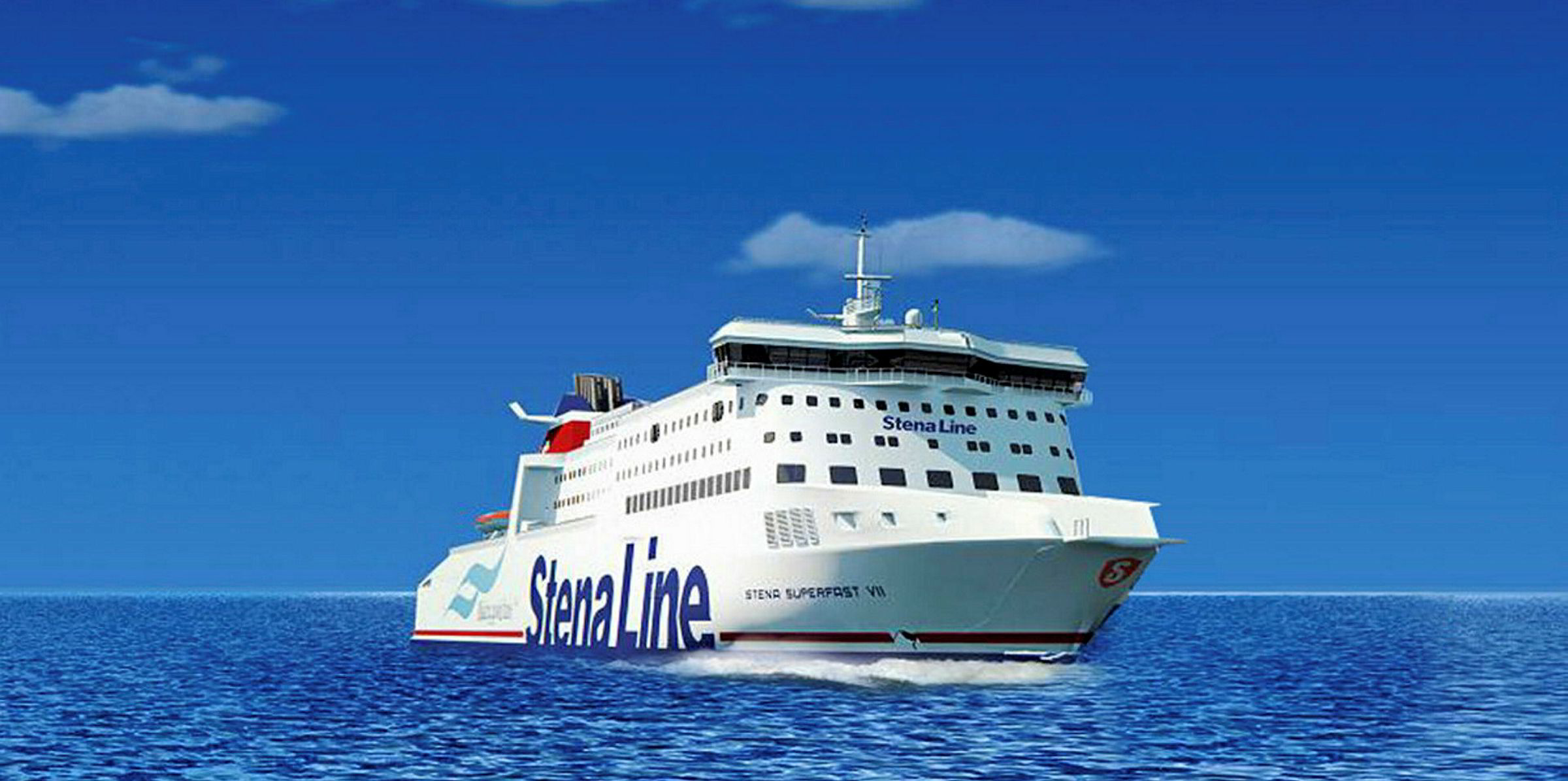The UK Chamber of Shipping is urging the government to come up with funding to keep vital supplies of food, medicines and other goods coming into the country.
Executives held talks with maritime minister Kelly Tolhurst on Tuesday to demand a multimillion-pound support package for the coronavirus-hit industry.
"The world is facing a monumental crisis. Shipping is the lifeblood of our nation and we must do what we can as an industry to keep our supply lines open for a strong and healthy UK," chamber chief executive Bob Sanguinetti said after the talks.
"Shipowners will adapt to meet the ongoing coronavirus challenges head on. It will mean changes to infrastructure, employment and processes on ships and in ports, but it will only succeed with the necessary leadership and support from government today."
Tax relief requested
Norway and Denmark have pledged money to help shipowners pay staff who would otherwise have been laid off. The UK chamber wants a similar scheme to prevent loss of jobs and expertise.
It also asked for grants to assist with the additional costs of tackling the virus and increased overtime expenses.
In addition, the chamber demanded that clear guidance be given to ports and local health authorities to allow ships to continue trading, and for the swift disembarkation/repatriation of crew members, as well as a delay to VAT payments.
Seafarers should be exempt from income tax if they have been on vessels that ordinarily spend more than 183 days a year outside the country, it argued, and ships laid up in British ports should continue to receive tax and duty relief for standard supplies.
'Unprecedented times'
"We recognise we are living in unprecedented times and we strongly urge the government to set up an emergency relief fund to help the industry in the coming weeks and months," Sanguinetti said.

"The UK shipping sector moves 95% of our trade and employs over 180,000 people. Immediate and ongoing financial support from the government is needed to guarantee the importation of essential medical supplies, food, manufacturing components and other goods, and the future prospects of our seafarers."
TradeWinds reported on Wednesday that major ports face closure if the UK's Border Force suffers personnel shortages due to the coronavirus outbreak.
A bill to be introduced in Parliament this week will enable the home secretary to request that port operators temporarily close and suspend operations if staff shortages result in a "real and significant threat" to border security.
The British Ports Association said that keeping the country's gateways open for trade should be a priority.
Chief executive Richard Ballantyne said: “UK ports facilitate 95% of our trade and will be instrumental ensuring the country is fed and resourced in the coming weeks.
"Half of the UK’s food is imported, and it will be critical to keep our ports open so that shops, public services and businesses are supplied with what the country needs."
The UK port industry is the second-largest in Europe, handling 500m tonnes of freight each year. It directly employs around 115,000 people.






